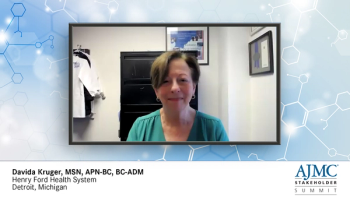
Experts discuss how to evaluate the cost-effectiveness of continuous glucose monitoring (CGM) compared to traditional monitoring, considering both clinical and quality outcomes, and what combination of economic and quality data would most effectively support broader CGM adoption across health systems and payer organizations.





